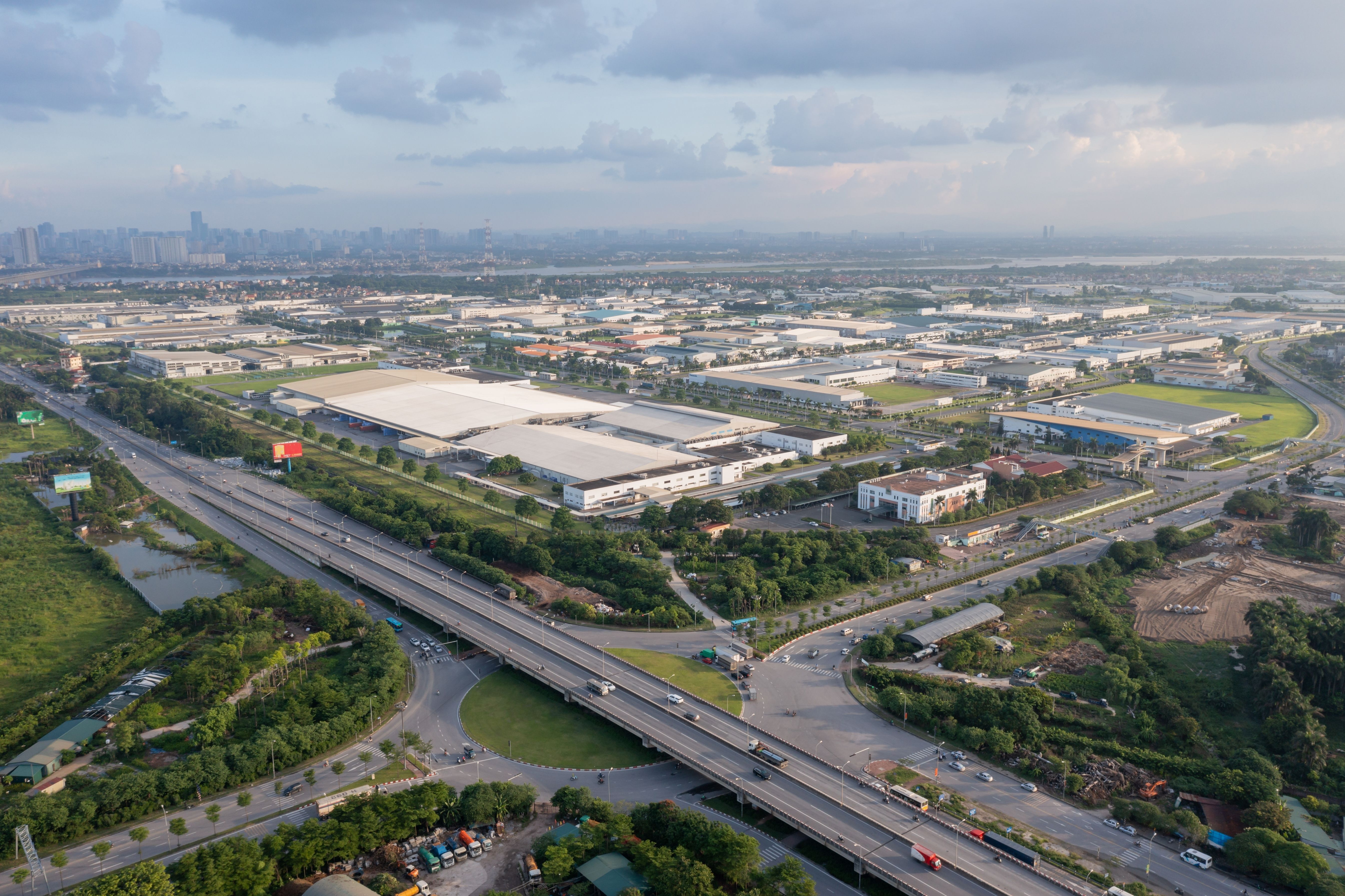SYDNEY, Sibos 2018 - Amid trade tensions between the US and China, Middle East and North African companies are increasingly seeking to benefit from the Belt and Road Initiative (BRI) with much investment in the pipeline over the next few years.
"We have seen more than 60 energy projects in 20 countries (in United Arab Emirates)," says Ayaz Kamlani, managing director at First Abu Dhabi Bank PJSC, speaking at a panel discussion called 'A Path to New Opportunities for the Middle East'.
"Supply chain is one of the benefits that BRI brings to the Middle East. What we see is just a small piece, there is more to come from China," adds Kamlani.
Some time ago, under the strain of rising Chinese labour costs, a number of Chinese companies began to set up production in African countries with lower costs, such as Morocco. In addition, more opportunities are expected to arise from new trading opportunities in Africa. Chinese companies are then able to increase their trade with their counterparties in other countries as Morocco has no trade quota.
"There is a share for every bank (in Morocco)," says Ahmed Benyahya, managing director at Banque Marocaine Du Commerce Exterieur. "We are trying to work with Chinese banks to promote the renminbi in Morocco."
"The initiative will create new markets for Chinese businesses in places like Egypt. China will have a new export market and have more new raw resources," says Hesham Elsafty, vice president/ functional head at National Bank of Egypt. "National Bank of Egypt is lending to any project with economic benefits."
However, several challenges are ahead for Middle East companies who are looking to participate in the BRI.
"The risk of the project is one challenge. You have to be careful with Chinese companies. Some of them are privately owned, which sometimes face problems of taking money out," says Chirine Arayssi, departmental manager at FRANSABANK S.A.L
Culture and language are also potential barriers. In a bid to boost mutual understanding, Middle East banks such as BMCE Bank have already set up China desks to communicate with Chinese companies. "We are also trying to support more tourists to understand our culture," says Arayssi.









